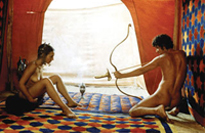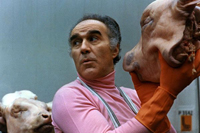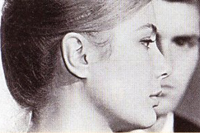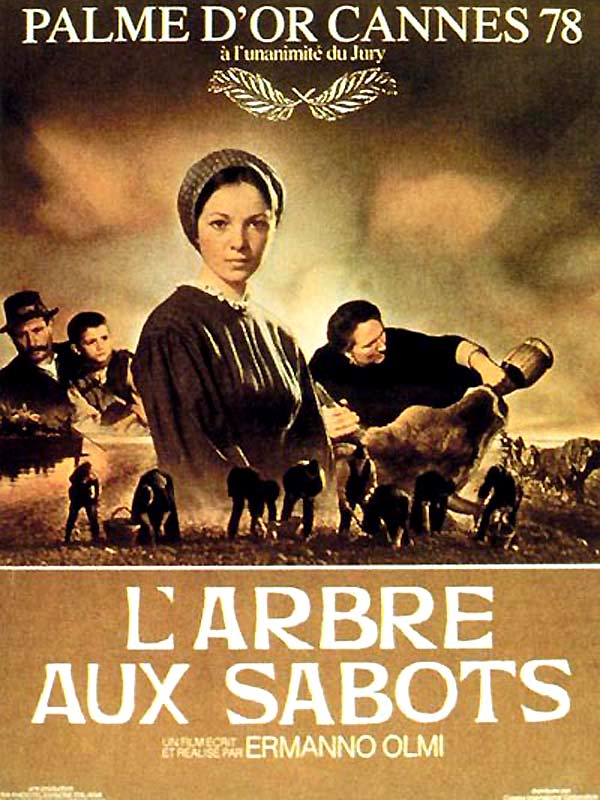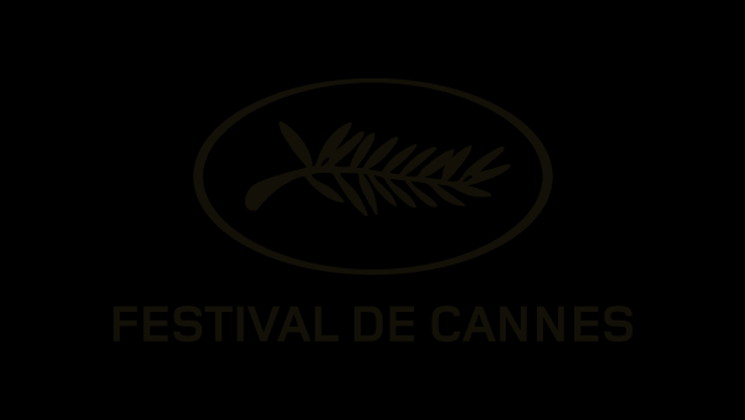ITALIAN FILMS AT CANNES 1960-1999 (2/3)
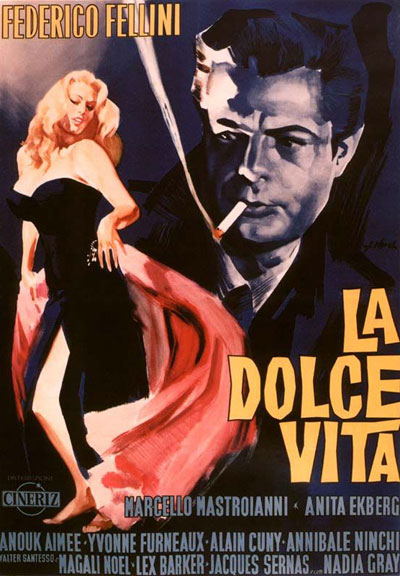 |
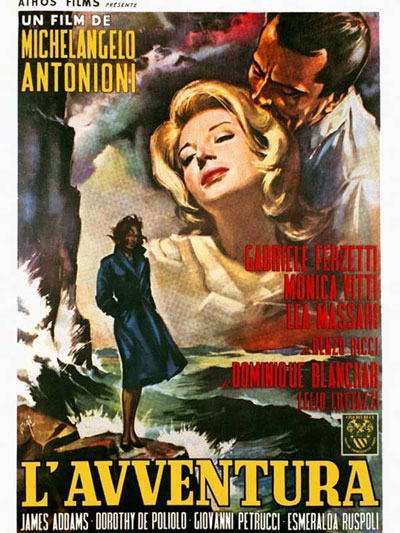 |
BY LORENZO CODELLI*
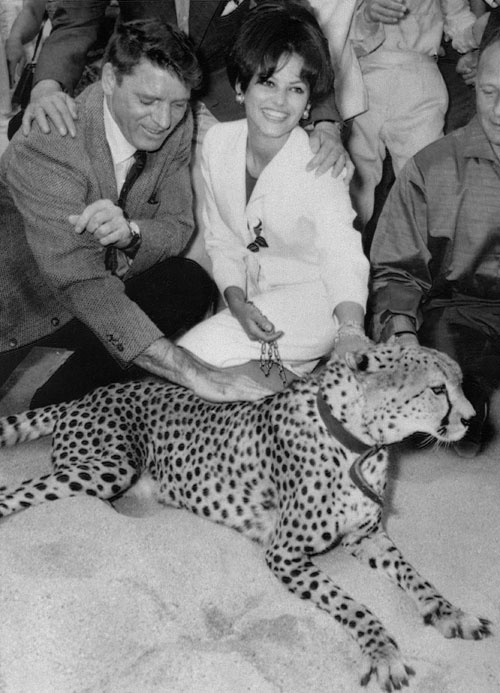 |
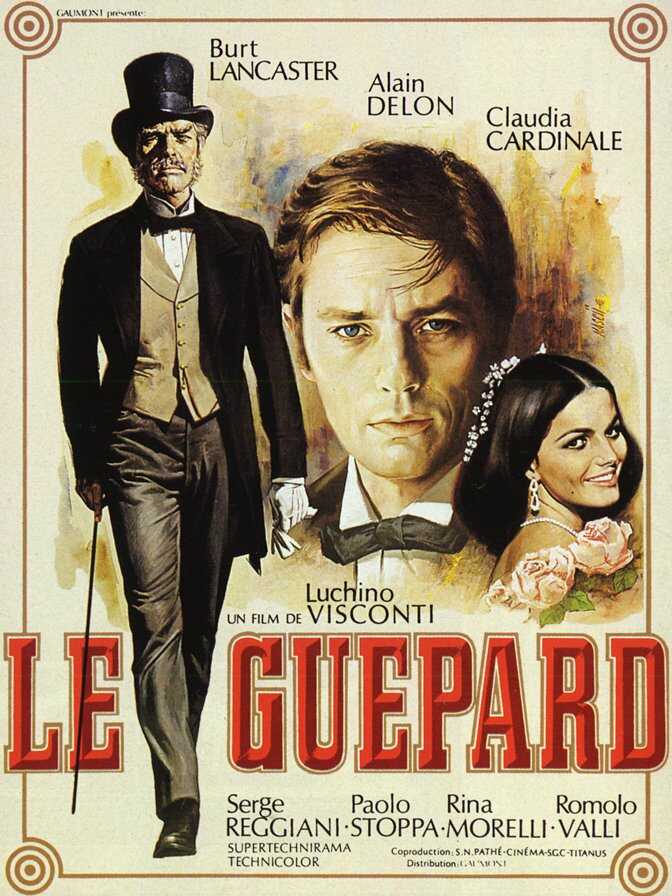 |
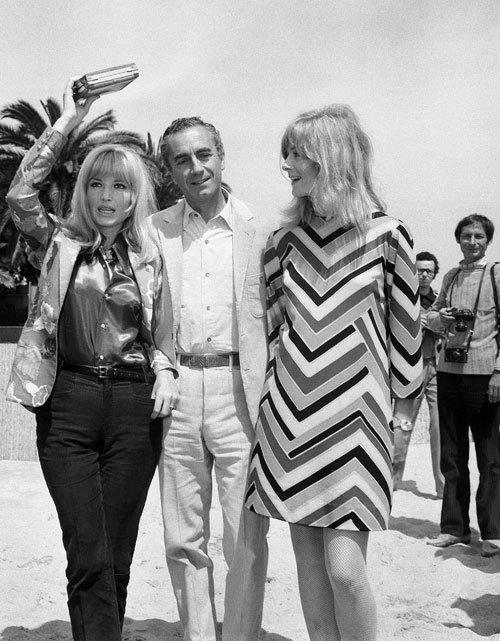 |
| B. Lancaster, C. Cardinale The Leopard, 1963 © AFP |
Poster for the film, The Leopard, 1963 |
M. Vitti, M. Antonioni, V. Redgrave Blow Up, 1967 © AFP |
La Ciociara (Two Women), Vittorio De Sica, 1960
|
FOCUS
Thanks to the support of nonconformist producers such as Franco Cristaldi, Angelo Rizzoli, Mario Cecchi Gori, Goffredo Lombardo, Alfredo Bini and Moris Ergas, a wave of young talent was able to assert itself in the first half of the 1960s: Ermanno Olmi, Valerio Zurlini, Marco Ferreri, Marco Bellocchio, Pier Paolo Pasolini, Bernardo Bertolucci, Elio Petri, Franco Rossi, Ettore Scola, Ugo Gregoretti, Luciano Salce, Tinto Brass, Vittorio De Seta, Paolo and Vittorio Taviani, Florestano Vancini, and so on. Their generational revolt, which was aesthetic and political as well, was frequently in antithesis of the principles espoused by Visconti, Fellini, Antonioni, Germi and De Sica. Because of this sons-versus-fathers rebellion, as President of the Jury in 1969, Luchino Visconti decided to snub Marco Ferreri’s Dillinger è morto (Dillinger is Dead), a desperate ‘harakiri’ using ultramodern language. In parallel, during the same decade, a remarkable group of busy craftsmen emerged who would bring new blood – often literally – to popular genres, from horror films to westerns, “sword-and-sandal” epics and erotic films: Mario Bava, Sergio Leone, Sergio Sollima, Sergio Corbucci, Antonio Margheriti, Pasquale Festa Campanile, Damiano Damiani, Salvatore Samperi, Duccio Tessari, Franco Giraldi, and several others.
|
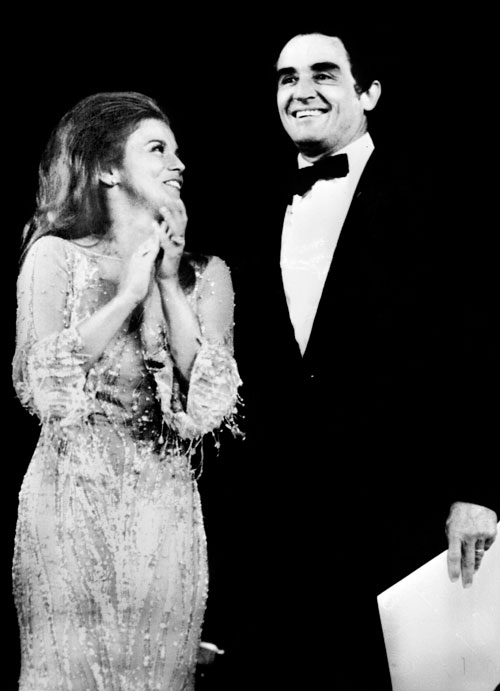
Ann Margret, Vittorio Gassman
1975 © AFP
Ugly, Dirty and Bad, Ettore Scola, 1976
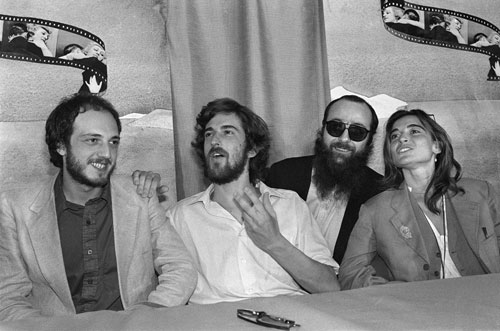 |
|
|
Fabio Traversa, Moretti, Paolo Zaccagnini, Lina Sastri Ecce Bombo, Cannes 1978 © AFP
|
The 1972 Grand Prix was awarded jointly to two very lucid counter-inquiries: Il Caso Mattei (The Mattei Affair), directed by Francesco Rosi and La classe operaia va in paradiso (The Working Class Goes to Heaven), directed by Elio Petri. This important event marked the return of social and political commitment, some twenty years after the end of the neorealist movement. And it was with great pride that Roberto Rossellini, President of the Jury in 1977, awarded the Palme d’Or to Padre Padrone (Father and Master) directed by Paolo and Vittorio Taviani, two of his protégés, who, like their mentor, had decided to turn their attention to “pauperistic” television.
The arrival of Nanni Moretti on the scene in 1978 with Ecce bombo signalled the beginning of an era of autarchic screenwriter-actors that would leave a permanent mark on the film scene, from Maurizio Nichetti to Francesco Nuti, Adriano Celentano, Carlo Verdone, Massimo Troisi and Roberto Benigni.
In the 1980s and 1990s, Italian cinema faced a general shortage of resources and ideas. I remember that Once Upon a Time in America directed by Sergio Leone was awaited eagerly at Cannes after taking several years to shoot, backed by an astronomical budget and ambitions, the likes of which have not been seen since.
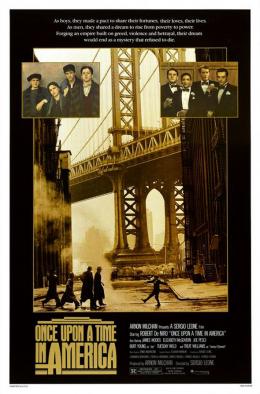 |
At the 1987 Festival, Fellini made a comeback with Intervista, a subdued, but very brilliant autobiography which tackled the crisis of the film industry massacred by TV, and made clear that the golden era of la dolce vita was indeed a thing of the past. At the same Festival, Mastroianni, who appeared as himself in Intervista, received the Award for Best Actor for Dark Eyes directed by Nikita Mikhalkov.
The rising original filmmakers were rather few in number and did not really form a homogenous group: Giuseppe Tornatore (Cinema Paradiso, Special Grand Prix), Daniele Luchetti (Domani accadrà –It’s Happening Tomorrow), Michele Placido (Pummarò –Tomato), Gabriele Salvatores (Turnè – Strada blues), Pupi Avati (Magnificat), Francesca Archibugi (Il grande cocomero –The Great Pumpkin), Mario Martone (L’amore molesto –Nasty Love), Mimmo Calopresti (La Seconda volta -The Second Time), Peter Del Monte (Compagna di viaggio – Travelling Companion) and Gianni Amelio (Il Ladro di bambini –The Stolen Children, Jury Grand Prix).
Cinema Paradiso, Giuseppe Tornatore, 1989
|
“The relationship I’ve developed with RAI has been beneficial each time I’ve experienced difficulties securing the necessary funding to make my films. Without the unfailing support of television, the odds are that I wouldn’t have been able to survive; I wouldn’t have been able to continue making a particular type of film. In the end, I probably would have changed career! Television deserves credit for understanding not only that it had to join forces with cinema, but also that it had to help ensure the survival of a type of cinema that was under serious threat. That’s how a number of highly valuable works came to be made, which benefited both cinema and television”, admitted Ermanno Olmi. The award of the 1978 Palme d’Or to Olmi’s astonishing L’albero degli zoccoli (The Tree of Wooden Clogs), one year after it was awarded to another television production, Padre Padrone (Father and Master), directed by the Taviani brothers, marked the start of a new era, which would, unfortunately, be short-lived. Federico Fellini, Gianni Amelio, Nelo Risi, Luigi Comencini, Bernardo Bertolucci and Liliana Cavani are just some of the directors who would make non-conventional, often disturbing works for television. From the 1980s onwards, RAI and its competitor, Mediaset, would invest more and more regularly in films produced for wide commercial release.
|
AVAILABLE FROM 1st MARCH: "ITALIAN FILMS AT CANNES 2000-2010" (3/3).
> DOWNLOAD THE PDF VERSION
* Lorenzo Codelli is a journalist and historian. He also contributes to the Festival de Cannes, the magazine "Positif", the "International Film Guide" and other publications.
The Festival de Cannes would like to thank the authors for contributing for free.
